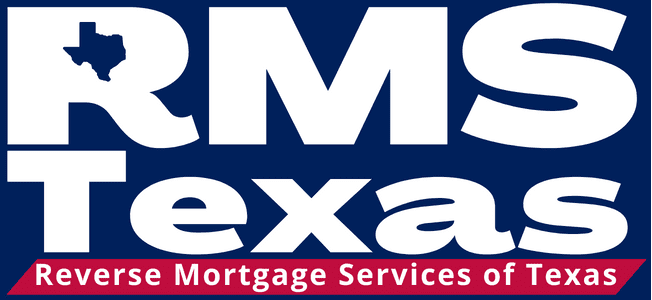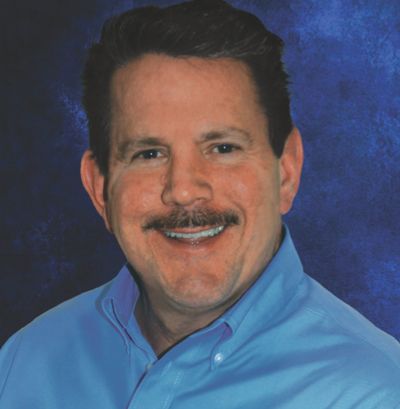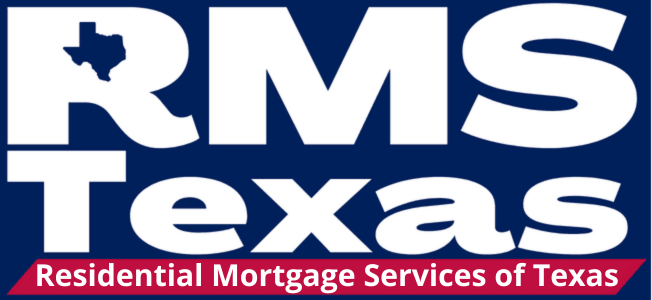
5 Tips for Financial Advisors to Discuss Reverse Mortgages with Clients
Helping Your Clients Unlock More Financial Resources in Retirement
As a trusted financial advisor, your goal is to guide your clients towards a secure and comfortable retirement. However, the challenge lies in finding innovative solutions that preserve their portfolios during periods of inflation or market volatility. Have you ever considered incorporating reverse mortgages into your conversations? While they may carry some stigma, these programs can be an effective tool for seniors who want to enhance their financial flexibility and unlock the hidden potential in their homes' equity.
In this blog post, we will share five essential tips that will help you engage with your clients about using reverse mortgages as a strategic option for retirement planning. Let's dive in!

1. Emphasize Flexibility of Payout Options:
One significant advantage of reverse mortgages is the freedom they provide regarding payout options. Your clients can choose from several flexible methods such as monthly payments, partial lump sums, lines of credit, or even a combination that suits their unique needs and goals. By highlighting this flexibility, you'll show them how adopting a reverse mortgage plan puts them firmly in control of their finances.
2. Focus on Versatility:
Another point worth discussing is how reverse mortgage funds can be used without restrictions imposed by lenders or institutions*. Clients can use the funds obtained through reverse mortgages for various purposes – whether it's paying off debt, funding healthcare expenses or home renovations - providing them with newfound financial opportunities while maintaining peace of mind.
Additionally, if they have a current mortgage, that loan will be paid off with the proceeds and the borrower does not have a monthly payment (unless they want to).
3. Highlight Guidelines and Safeguards:
Addressing any concerns surrounding the safety aspect is crucial when discussing reverse mortgages with skeptical clients. Stress that government-insured programs like FHA-backed loans offer guidelines designed specifically to protect borrowers throughout every step of the process – ensuring transparency and security are top priorities.
4. Educate Yourself About Reverse Mortgage Programs:
To effectively communicate the benefits of reverse mortgages to your clients, you must fully understand these programs yourself. Take the time to research and learn about how they work, their eligibility criteria, and the potential risks involved. Empower yourself with knowledge so that you can confidently provide accurate information and dispel any misconceptions. Robb Hamilton would be happy to answer any questions you may have. Feel free to set up a time on his calendar at: www.calendly.com/robbsreverse
5. Collaboration with a Reputable Reverse Mortgage Services Provider:
Partnering with an experienced reverse mortgage services provider is invaluable in supporting your discussions with clients on this topic. Their expertise will not only reinforce your credibility but also ensures that all regulatory requirements are followed diligently throughout the process, giving both you and your clients peace of mind. Robb Hamilton has over a decade of experience working with seniors and financial advisors to educate, guide and execute on reverse mortgage home loans.
By incorporating these five tips into your conversations as a financial advisor, you'll be able to break down barriers associated with reverse mortgages and encourage open dialogue between yourself and your clients concerning this powerful retirement tool. Presenting reverse mortgages as a viable option for supplementing income during retirement will position you as a knowledgeable professional who genuinely cares about helping seniors achieve financial security.
Remember, it's essential to approach discussions surrounding reverse mortgages tactfully; always prioritize transparency while addressing individual concerns or hesitations along the way. Together, let's help our clients unlock newfound financial freedom in their well-deserved golden years!
*Borrowers must live in their home as their primary resident. They must maintain the home and stay current on property taxes, insurance and HOA dues, if applicable.

Set-Up a Confidential Discussion
If you or your client are unsure about the details of a reverse mortgage, has questions, or wishes to get started, feel free to schedule a time on Robb's calendar.

Robb Hamilton
NMLS# 358150
Broker License #2407110

This material is not provided by, nor was it approved by the Department of Housing & Urban Development (HUD) or by the Federal Housing Administration (FHA). It is not intended to be a substitute for legal, tax or financial advice. Consult with a qualified attorney, accountant or financial advisor for additional legal or tax advice.
*There are some circumstances that will cause the loan to mature and the balance to become due and payable. The borrower(s) must continue to pay for property taxes and insurance and maintain the property to meet HUD standards or risk default. Credit is subject to age, minimum income guidelines, credit history, and property qualifications. Program rates, fees, terms and conditions are not available in all states and subject to change.
Homeowners must be 62 years of age or older and live in the home as their primary residence. Homes must meet FHA/HUD minimum property standards. Borrowers must maintain hazard and flood insurance premiums, property taxes, utilities and make any property repairs. Although there are no mandatory monthly principal and interest mortgage payments, interest accrues on the portion of the loan amount disbursed if no payments are made. Program rates, fees, terms and conditions are not available in all states and subject to change. At the conclusion of a reverse mortgage, the borrower must repay the loan and may have to sell the home or repay the loan from other proceeds. Charges will be assessed with the loan, including an origination fee, closing costs, mortgage insurance premiums and servicing fees. The loan balance grows over time and interest is charged on the outstanding balance. The borrower remains responsible for property taxes, hazard insurance and home maintenance, and failure to pay these amounts may result in the loss of the home. Interest on a reverse mortgage is not tax-deductible until the borrower makes partial or full re-payment.
NMLS Consumer Access
Disclosures & Licensing
Texas Consumer Complaint Disclosure |
Privacy Policy
Robb Hamilton |All Rights Reserved | RMS Texas
Website managed by Wordflirt






